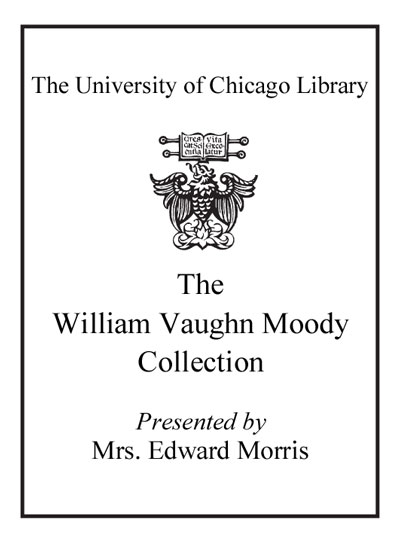Review by Booklist Review
In a dusty, sort-of present, Rosary, California, is divided by a long bridge and a whole lot of religion from its science-focused neighboring town, Sky. There was a rupture, and now "there are no metaphors left for all the ways that Sky is done with Rosary's bullshit." After school, Rosary teen Helen drinks beers with her fellow Dickheads, who call her Hell, and keeps the books at her aunt's psychic-encounter shop, a place as often relied-upon as hated-on by locals. Mostly, Helen avoids her religious mailman dad, a shell of himself since her mom died. As she did in her striking debut, Girlchild (2012), Hassman imaginatively parcels out her second novel in titled chapters, like "Beat Cute," in which Helen meets new kid Winthrop when bad boy Bird bashes their heads together in the school hallway. Helen pines for sexy Bird, a longing complicated by the new relationship between her dad and his mom, and takes Winthrop at first for a Thumper, an assumption proven swiftly wrong. Irreverent, wise, heartbreaking, and heart-mending, this is about nothing less than the everyday challenges of love, belief, and existence. In Hassman's dazzlingly original style, sweet-sour, wicked-tender Helen's entrancing narration casts a remarkable spell.--Annie Bostrom Copyright 2019 Booklist
From Booklist, Copyright (c) American Library Association. Used with permission.
Review by Publisher's Weekly Review
Hassman's charming and funny second novel (following Girlchild) takes place in Rosary, Calif., a contemporary town controlled by the religious right, who censor media and block internet access, fearing evil influences. Living there is 16-year-old Helen Dedleder, who spends her time working at her Aunt Bev's frowned upon Psychic Encounter Shoppe and drinking beers with other rebellious teens at the local tire salvage. Her mother died from cancer six years ago, and her father, the town's postman, begins dating the mother of Bird, a bad boy Helen has a crush on. Along with friends Winthrop and Rainbolene, Helen charges through a series of misadventures, clashing with "Bible Thumpers," volunteering at a nursing home, testing her own psychic abilities, reading porno books, and tuning in to radio stations from the nearby free city of Sky. Using the first-person point of view and brief chapters, Hassman taps into Helen's confused and maturing mind, and bounces between scenes to construct a loose plotline. This coming-of-age tale honestly and strikingly encapsulates the teenage experience. (Aug.)
(c) Copyright PWxyz, LLC. All rights reserved
Review by Kirkus Book Review
More misfits from the author of Girlchild (2012).Being a teen is tough on everyone, but Helen Dedleder has it particularly hard. She lives in Rosary, California, a tiny refinery town so conservative that internet access is circumscribed. What knowledge she has of the outside world comes via radio broadcasts from Sky, a nearby city. She lives with her devoutly evangelical father, but she works at the shop where her Aunt Bev tells fortunes and offers other, more intimate, services. She is infatuated with Bird Doncaster, a classic bad boy who also happens to be her potential stepbrother. She is best friends with Winthrop Epsworthy, until Win falls in love with her. At every turn, Helen is pulled between irreconcilable opposites. Sometimes this tension propels her to make bad decisions. Sometimes she makes bad decisions without any help at all. It is, perhaps, easier to appreciate this novel by not thinking of it as a novel. It's written in the first person, there's a lot more telling than showing, and there are vast narrative territories that are barely explored. Read as a collection of very short fictions, though, the book coalescences as a melancholy, triumphant, slightly magical coming-of-age tale. Hassman creates a world that seems to be defined through stark dualities, but the story tends toward chaos in the sense that no certainty, no opposition, goes unquestioned. Things fall apart. Insiders and outsiders trade places. The powerful become powerless. At the same time, the storythe collection of storiesmoves toward unity, self-actualization, and transcendence. Helen learns who she is and what she wants. She lets the people who love her help her. And she and her loser friends become something much more than the sum of their parts.Weird and uncomfortable and gloriousjust like adolescence. Copyright Kirkus Reviews, used with permission.
Copyright (c) Kirkus Reviews, used with permission.
Review by Booklist Review
Review by Publisher's Weekly Review
Review by Kirkus Book Review

